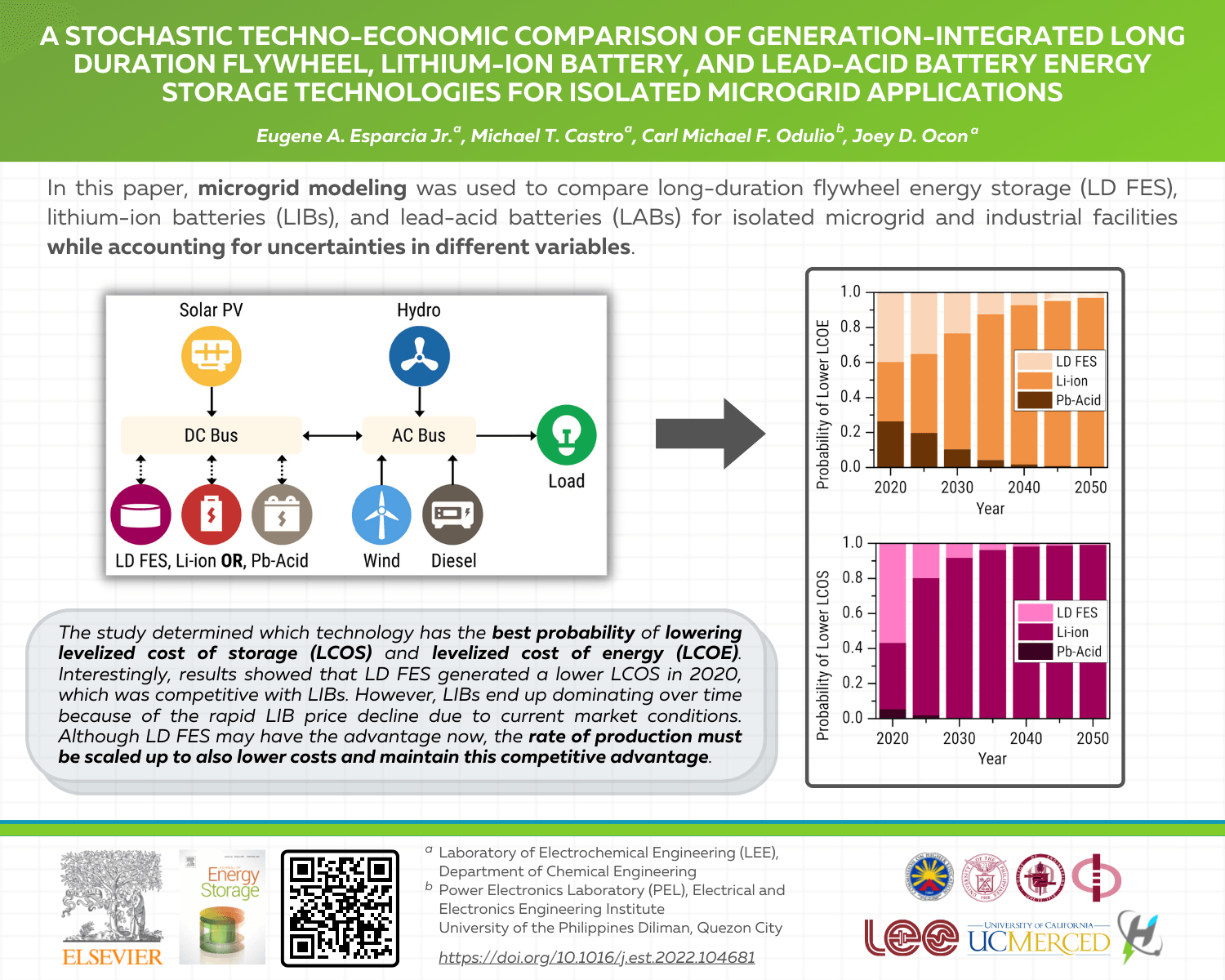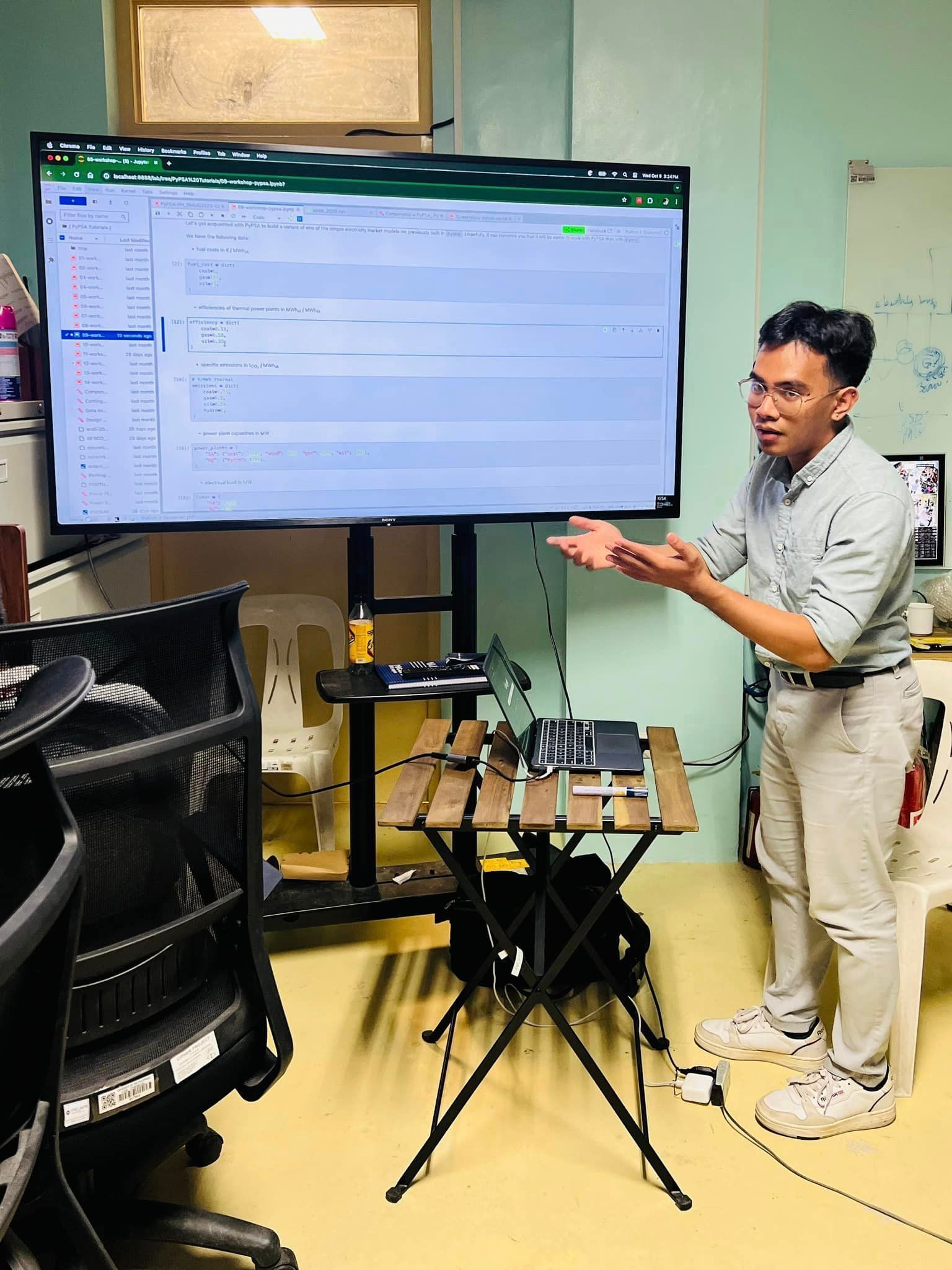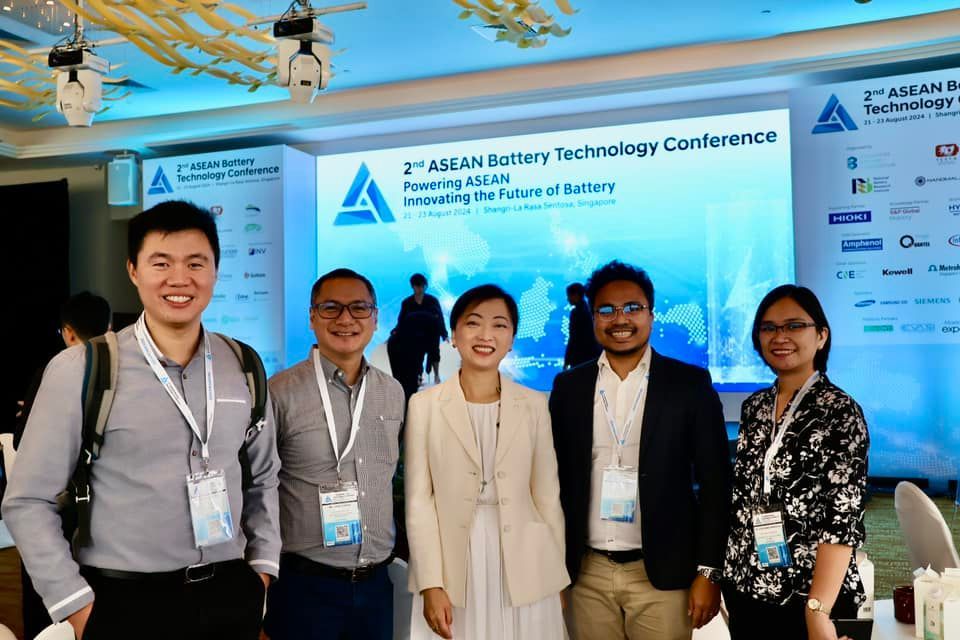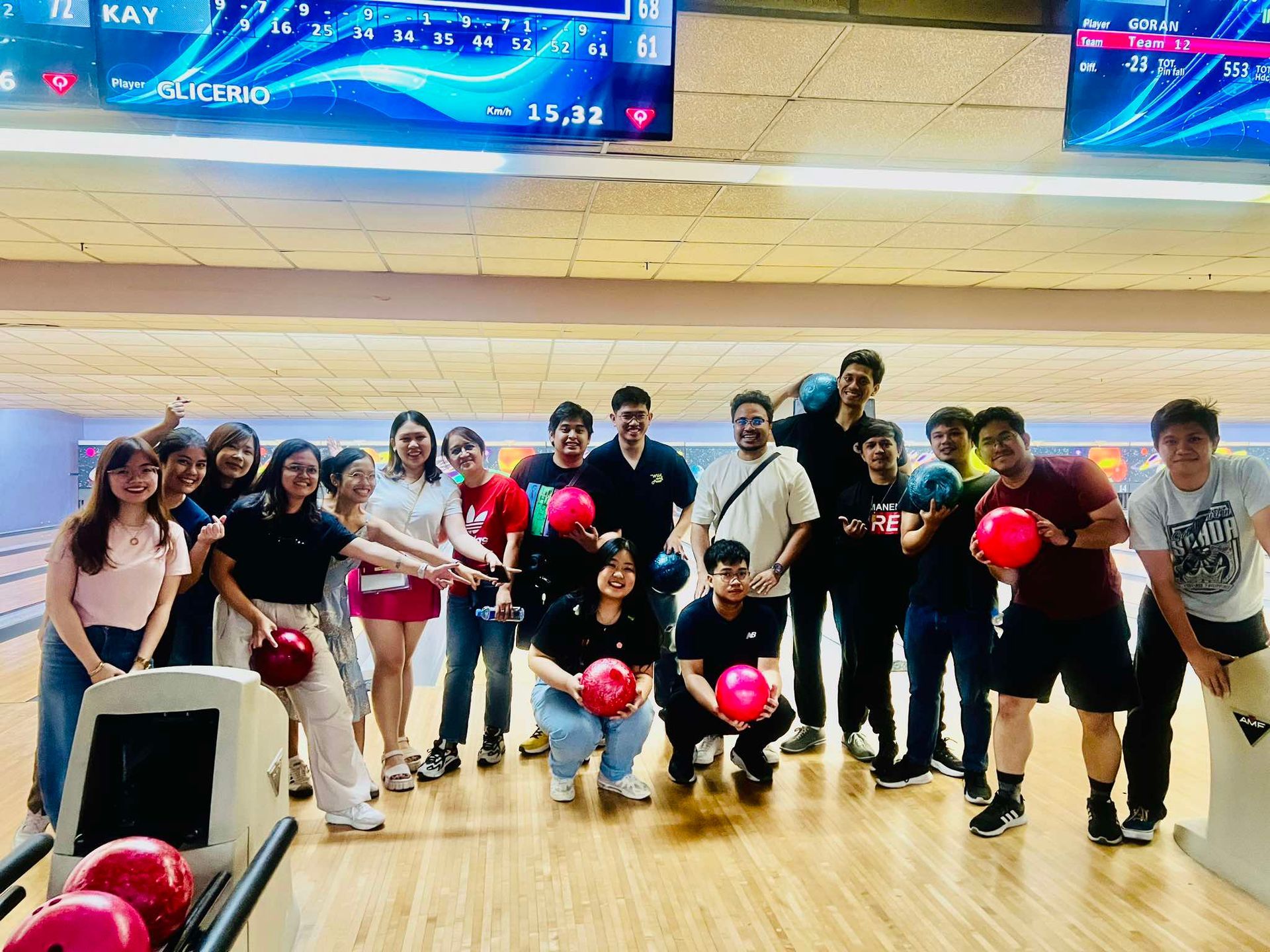New paper on techno-economic comparison between flywheel energy storage and conventional batteries published
June 7, 2022
In this recently published article in the Journal of Energy Storage, a probabilistic techno-economic comparison was done between long-duration flywheel energy storage (LD FES) and other more conventional batteries used in microgrids. Energy storage technologies provide a range of benefits in supporting intermittent renewable energy generation, particularly in microgrids located in remote or isolated areas. LD FES is a new player on the energy storage scene that is now contending with other technologies available on the market.
In this paper, 𝗺𝗶𝗰𝗿𝗼𝗴𝗿𝗶𝗱 𝗺𝗼𝗱𝗲𝗹𝗶𝗻𝗴 was used to compare LD FES with lithium-ion batteries (LIBs) and lead-acid batteries (LABs) for isolated microgrid and industrial facilities while 𝗮𝗰𝗰𝗼𝘂𝗻𝘁𝗶𝗻𝗴 𝗳𝗼𝗿 𝘂𝗻𝗰𝗲𝗿𝘁𝗮𝗶𝗻𝘁𝗶𝗲𝘀 𝗶𝗻 𝗱𝗶𝗳𝗳𝗲𝗿𝗲𝗻𝘁 𝘃𝗮𝗿𝗶𝗮𝗯𝗹𝗲𝘀. The Monte-carlo method was used to simulate and compare the various sets of system parameters. Then, the Island Systems LCOEmin Algorithm (ISLA) was utilized to optimize the isolated microgrids.
In summary, the study determined which technology has the 𝗯𝗲𝘀𝘁 𝗽𝗿𝗼𝗯𝗮𝗯𝗶𝗹𝗶𝘁𝘆 𝗼𝗳 𝗹𝗼𝘄𝗲𝗿𝗶𝗻𝗴 𝗹𝗲𝘃𝗲𝗹𝗶𝘇𝗲𝗱 𝗰𝗼𝘀𝘁 𝗼𝗳 𝘀𝘁𝗼𝗿𝗮𝗴𝗲 (𝗟𝗖𝗢𝗦) 𝗮𝗻𝗱 𝗹𝗲𝘃𝗲𝗹𝗶𝘇𝗲𝗱 𝗰𝗼𝘀𝘁 𝗼𝗳 𝗲𝗻𝗲𝗿𝗴𝘆 (𝗟𝗖𝗢𝗘). These two costs are important as they both account for capital and operating expenses of LD FES when coupled with renewable energy. Interestingly, results showed that LD FES generated a lower LCOS in 2020, which was competitive with LIBs. However, LIBs end up dominating over time because of the rapid LIB price decline due to current market conditions. This shows that although LD FES may have the advantage now, 𝗽𝗿𝗼𝗱𝘂𝗰𝘁𝗶𝗼𝗻 𝗿𝗮𝘁𝗲 𝗺𝘂𝘀𝘁 𝗯𝗲 𝘀𝗰𝗮𝗹𝗲𝗱 𝘂𝗽 𝘁𝗼 𝗮𝗹𝘀𝗼 𝗹𝗼𝘄𝗲𝗿 𝗰𝗼𝘀𝘁𝘀 𝗮𝗻𝗱 𝗺𝗮𝗶𝗻𝘁𝗮𝗶𝗻 𝘁𝗵𝗶𝘀 𝗰𝗼𝗺𝗽𝗲𝘁𝗶𝘁𝗶𝘃𝗲 𝗮𝗱𝘃𝗮𝗻𝘁𝗮𝗴𝗲.
You may access and read the full paper here: https://doi.org/10.1016/j.est.2022.104681
𝘛𝘩𝘪𝘴 𝘸𝘰𝘳𝘬 𝘪𝘴 𝘧𝘪𝘯𝘢𝘯𝘤𝘪𝘢𝘭𝘭𝘺 𝘴𝘶𝘱𝘱𝘰𝘳𝘵𝘦𝘥 𝘣𝘺 𝘵𝘩𝘦 𝘗𝘪𝘭𝘰𝘵 𝘚𝘵𝘶𝘥𝘺 𝘧𝘰𝘳 𝘐𝘯𝘵𝘦𝘨𝘳𝘢𝘵𝘪𝘯𝘨 𝘔𝘪𝘤𝘳𝘰-𝘨𝘳𝘪𝘥 𝘢𝘯𝘥 𝘋𝘪𝘴𝘵𝘳𝘪𝘣𝘶𝘵𝘦𝘥 𝘙𝘦𝘯𝘦𝘸𝘢𝘣𝘭𝘦 𝘌𝘯𝘦𝘳𝘨𝘺 𝘚𝘰𝘶𝘳𝘤𝘦𝘴 𝘧𝘰𝘳 𝘢𝘯 𝘌𝘭𝘦𝘤𝘵𝘳𝘪𝘤 𝘊𝘰𝘰𝘱𝘦𝘳𝘢𝘵𝘪𝘷𝘦 𝘗𝘳𝘰𝘫𝘦𝘤𝘵 𝘧𝘶𝘯𝘥𝘦𝘥 𝘣𝘺 𝘵𝘩𝘦 𝘋𝘦𝘱𝘢𝘳𝘵𝘮𝘦𝘯𝘵 𝘰𝘧 𝘚𝘤𝘪𝘦𝘯𝘤𝘦 𝘢𝘯𝘥 𝘛𝘦𝘤𝘩𝘯𝘰𝘭𝘰𝘨𝘺 (DOST Philippines) 𝘵𝘩𝘳𝘰𝘶𝘨𝘩 𝘵𝘩𝘦 𝘊𝘰𝘭𝘭𝘢𝘣𝘰𝘳𝘢𝘵𝘪𝘷𝘦 𝘙𝘦𝘴𝘦𝘢𝘳𝘤𝘩 𝘢𝘯𝘥 𝘋𝘦𝘷𝘦𝘭𝘰𝘱𝘮𝘦𝘯𝘵 𝘵𝘰 𝘓𝘦𝘷𝘦𝘳𝘢𝘨𝘦 𝘵𝘩𝘦 𝘗𝘩𝘪𝘭𝘪𝘱𝘱𝘪𝘯𝘦 𝘌𝘤𝘰𝘯𝘰𝘮𝘺 (𝘊𝘙𝘈𝘋𝘓𝘌) 𝘱𝘳𝘰𝘨𝘳𝘢𝘮 𝘢𝘯𝘥 𝘵𝘩𝘦 𝘊𝘐𝘗𝘏𝘌𝘙 𝘗𝘳𝘰𝘫𝘦𝘤𝘵 (𝘐𝘐𝘐𝘋 2018-008) 𝘧𝘶𝘯𝘥𝘦𝘥 𝘣𝘺 𝘵𝘩𝘦 𝘊𝘰𝘮𝘮𝘪𝘴𝘴𝘪𝘰𝘯 𝘰𝘯 𝘏𝘪𝘨𝘩𝘦𝘳 𝘌𝘥𝘶𝘤𝘢𝘵𝘪𝘰𝘯 – PCARI - Philippine California Advanced Research Institutes.


LEE research staff and graduate students participated in an in-house training and workshop on the Python for Power Systems Analysis (PyPSA) toolbox on October 9 and 23, 2024 . The sessions were led by Arizeo Salac (SRS 1, ElectriPHI), who returned from a six-month research sandwich program at the Reiner Lemoine Institute in Berlin, Germany , where he focused on data-driven decision-making and energy systems modeling. The training included a detailed discussion on energy systems modeling, with key topics such as data sources and the representation of energy systems using both conventional and renewable technologies. Participants received hands-on assistance with the software setup and installation, followed by simulation activities that showcased PyPSA’s capabilities in energy and power systems analysis. Mr. Salac also presented his baseline model of the Philippine energy system, which can be utilized for energy transition scenario planning. The event aimed to enhance participants' proficiency with open-source modeling tools, share best practices in modeling, and support their research in energy systems. Article by: Sophia Lunor

Prof. Joey D. Ocon, Dr. Julie Anne D.R. Paraggua, Dr. Lawrence Limjuco, and Giancarlo Sanglay were among the Filipino delegates at the 2nd ASEAN Battery Technology Conference , held from August 21 to 23, 2024 , at the Shangri-La Rasa Sentosa in Singapore. Themed "Powering ASEAN: Innovating the Future of Battery," the event was co-organized by key ASEAN associations from Singapore, Thailand, Indonesia, Malaysia, and the Philippines. They were accompanied by LEE member and graduate student, Giancarlo Sanglay and NextGen Project Chief Technical Specialist, Dr. Lawrence Limjuco, of the Advanced Batteries Center. The conference aimed to foster connections among researchers, engineers, and industry stakeholders within the battery and electric vehicle (EV) sectors. It provided a platform for knowledge exchange, technical discussions, and potential collaborations. Key topics included the development of the Battery and EV Roadmap for Southeast Asia, as well as government policies and regulations surrounding battery and energy storage systems (ESS) applications. Industry leaders and academic experts also addressed technological advancements in battery materials, financial support for innovations, and strategies for managing the end-of-life value chain of batteries. Prof. Ocon, who also serves as Co-Founder of Nascent Batteries, played an active role in the event by moderating a panel discussion on advancing ESS technologies in Asia. The panel featured representatives from prominent organizations, including EDP Renewables APAC, Green Tenaga Pte Ltd, and the Electricity Generating Authority of Thailand. This collaborative event underscored the region's commitment to advancing sustainable energy solutions and highlighted the critical role of ASEAN countries in driving innovation within the battery and EV industries. Article by: Lora Monique Sapanta

The Laboratory of Electrochemical Engineering (LEE) held a despedida party to bid farewell to two of its active members — Ms. Rosela Lazaro and Asst. Prof. Michael Castro — as they embark on a new chapter of their academic journey. The LEE members, along with their laboratory head, Prof. Joey D. Ocon, celebrated through a friendly competition at the Ever Gotesco Bowling Alley, Commonwealth Avenue last August 19, 2024. This also fostered camaraderie and strengthened the bond and friendship between the lab members. Ms. Lazaro will be studying MS in Environmental Science and Engineering at Gwangju Institute of Science and Technology, South Korea. Meanwhile, Asst. Prof. Castro will be pursuing a doctorate degree in Nuclear Engineering and Management at the University of Tokyo, Japan. He will be returning to UP Diliman to tend to his duties at the Department of Chemical Engineering. Indeed, ‘goodbyes’ are not the end. It marks a beginning of a new ‘hello’, a step closer to making dreams come true. To Sir Michael, ganbatte! To Sela, hwaiting! We are all rooting for you both! Article by: Lora Monique Sapanta


